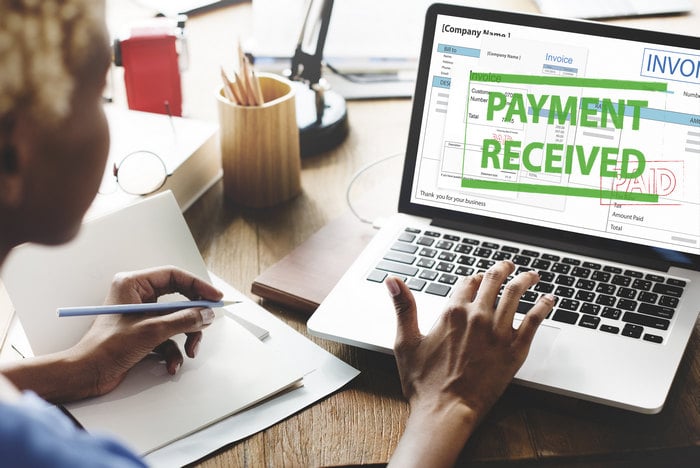
How quickly are you turning your Accounts Receivable to cash? Every business needs working capital to cover operating expenses, including inventory costs. You don’t want your cash tied up unnecessarily in accounts receivable. Collection of accounts receivable is essential to the health of your business. So, the faster you receive payment from your customers, the more cash you have in your business, and the faster you can grow your business.
It's important to adhere to a schedule to send out your accounts receivable invoicing regularly, and send out reminders and overdue notices to customers quickly. To ensure more timely payments, consider offering discounts to customers for prompt payment - it can be an effective way to increase cash flow. One strategy to speed up receipt is to set up a process to call customers, not waiting until 30 days, but early on to ensure their receipt of the invoice. At the same time, you can also ensure that the invoice is in their system, and it’s going to be processed for payment on the date due.
If there are issues, your call will find them before the invoice is due. You should involve your customer service team to help rectify any service or quality problems. This will help resolve any issues before the due date of the invoice, and your ability to deliver a quality product or service to your customer will be enhanced.
In the event that the receivable extends beyond your actual due date, you should enlist the aid of those who have a relationship with the customer, your sales or customer service team. They should take the lead to discover the reasons why the payment isn’t occurring, and help lead the effort before the accounting team gets involved in trying to collect a receivable that may have a legitimate reason for a late payment. If escalation is required, involve your senior executives to assist in resolving any issues.
Keep in mind the collection processes, once it is past due, is always a chance to learn why the process isn't working for your customers, or that something has gone amiss. The process of invoicing is a chance to remedy the situation and still retain a good relationship with your customer. If there's an issue with the product or service that results in a credit, be sure to issue it right away to rectify the situation and maintain a good relationship with that customer.
If, however, they simply won't pay, it's always best to turn to a collection agency sooner rather than later to enhance the ability to get the most out of that receivable. If the debt is 60+ days old and the customer simply won't pay, refuses to co-operate, doesn't communicate, or return phone calls - then it's best to go ahead and turn the account over right away. Waiting has a cost and the cost is that you may never get paid. Turning over an uncollectable receivable to a collection professional will help mitigate the potential bad debt on your books, and ensure recovery. And, recovery means conversion to some cash value.
If you do have to turn to a collection agency, it's best to turn to a reputable one. Your attorney, accountant, or banker should be able to provide a good referral. It is important to make sure they're licensed and bonded in the state where you do business. Size isn't always an indication of quality. Sometimes the smaller firms can be just effective as a national or regional company.
By establishing appropriate payment terms for your customers, affording credit when it's warranted, and setting and following an effective accounts receivable process, your cash flow will be assured.






